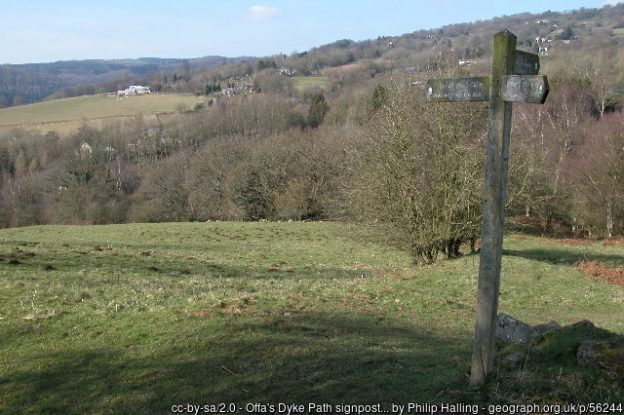A question which has often occurred to me is how medieval criminal justice managed to confirm people’s identities, in a world without ‘identity documents’, and with a wide margin of error (or a lack of a definite concept of error) with regard to spellings. This is probably hugely anachronstic, and no doubt the answer has something to do with small communities and good memories, but I came across a case today (after a period of rather slim pickings in my searches) which suggested another angle to this question of identity.
In a King’s Bench roll of 1368, there is a short entry relating to a homicide case in Gloucestershire. It notes that the roll of one of the Gloucestershire coroners recorded that one John Penres had been indicted for the felonious homicide of Gerard Walyssh[i] at Ockington, arrested and sent to the gaol at Gloucester castle. John Tracy, sheriff of Gloucestershire, was now ordered to bring this man before the court, to answer the charge. No John Penres could be produced, however. The sheriff contended that somebody had been executed for this crime already – he was a Penres, but his first name was not the Anglo John but the Welsh Yeuan (Ieuan as it is in modern Welsh). There was an investigation, referring to a particular previous session, at which Ieuan was said to have been tried and executed, and it was confirmed that a Ieuan Penres had been executed for the homicide of Gerard Welssh [sic]. The sheriff was off the hook therefore.
This shows that the identity question was solved in part by documentary searches, and it is a little comfort to see that care was taken to check these things. It probably also has things to say about physical and linguistic borderlands. I have noted the fun and games clerks of the English bureaucracy had with some of the more ‘difficult’ Welsh names, especially Gwenllian, but did they really find Ieuan difficult? Or would somebody of Welsh background, living or working in Gloucester, have adopted an English name as a matter of routine, for his dealings with non-Welsh-speakers? There is definitely scope for further digging and thought on this issue. Nice little research project for somebody?
Update/addition
And this one jumped out at me just the other day – not a Welsh one, but another apparent ‘mistaken identity’ case, from a gaol delivery session at Newgate on Wednesday 17th March 1316, A certain Ralph le Leche was in jeopardy – he was said to have been appealed by an approver of involvement in a robbery and a homicide in Northamptonshire. His story, though, was that the original accused man was some other Ralph le Leche of London – let us call this alleged miscreant Ralph 1 – while he, Ralph 2, had been in London all the time, and at the relevant period, he had been ill. A jury of London citizens confirmed his story, so Ralph 2 was saved. Does make you wonder whether less ‘together’ defendants might have ended up being executed by mistake in this way, though.
GS
3/7/2021, updated 7/7/2021
[i] This sounds like a ‘Welsh-on-Welsh’ crime, from the names, doesn’t it? Or at least ‘Welsh-extraction on Welsh-extraction’.
Image – your actual Offa’s Dyke – symbolic border etc. etc.
